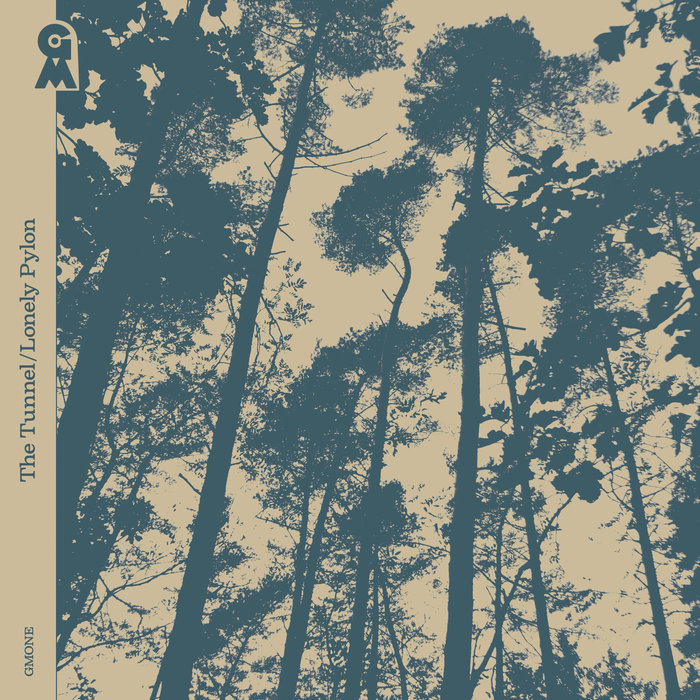
The Tunnel – Group Modular
this blog is GROOVY – check out great Soul, Funk, Jazz, Hip Hop, Bass, Breaks , Reggae, House n many more TUNES
If you’ve ever flicked through a film or flipped on an old TV show and thought, “Hey, this tune sounds familiar!”—welcome to the world of library music! It’s that funky little genre hiding in plain sight, filling your ears with catchy vibes while you binge-watch or listen to documentaries. So let’s dive into the colorful history of library music and take a peek at some amusing tidbits about its quirky creators.
Library music, sometimes called cue music or production music, is a collection of tracks made for licensing by filmmakers, advertisers, and even podcasters. Think about it as an all-you-can-eat buffet for musicians and producers looking for background scores without breaking the bank (or their creative spirit). Unlike traditional songs made for radio hits or albums, these tracks are crafted primarily to be used wherever sound is needed—commercials, movies, TV shows—you name it!
But don’t get it twisted; just because it’s “library” doesn’t mean it’s boring! These tunes can range from jazzy riffs to avant-garde soundscapes. And oh boy—some gems have become cult classics in their own right.
So how did this all get started? Well folks, we’re cruising back to the 1960s. While rock ‘n’ roll was having its heyday out front with Elvis shaking his hips and The Beatles changing the world one song at a time behind closed doors was something different—a revolution brewing quietly among studios.
In 1964—the official birth year often credited—Ray Harman launched KPM, one of the biggest names in library music. They churned out track after track like candy from a machine! This didn’t just stop at one studio; soon multiple companies joined the fray: De Wolfe Music came onto the scene shortly after KPM emerged.
And here comes our first laugh: many composers would whip up entire albums based on utterly random themes! One composer might produce an album dedicated entirely to “tropical birds,” while another created kooky tunes inspired by space travel (cue funky synthesizers). Who knew birdwatching could be so groovy?
You may not know them by name, but if you’ve seen British sitcoms from decades past—or perhaps something modern like any Netflix docu-series—you’ve heard their work. Themes like “The Chase” composed by Brian Bennett have been described as instant mood boosters!
Fast forward through time—we hit disco beats in the ‘70s when funk took over library music. Those basslines? Chef’s kiss! Suddenly everyone wanted that floor-filling action whether they were making commercials or backgrounds for educational films.
By now you’re probably imagining serious composers working long hours—but here’s where things get spicy: some musicians turned into wild characters outside their professional lives! Legend has it that one composer literally wrote an entire album while playing cards with friends—and guess what? The resulting tracks still ended up getting picked up left and right!
As much fun as creating these pieces was during those early days – nothing quite compares to how treasured they’ve become within modern culture today! Hip-hop artists discovered that digging through dusty crates yielded samples galore; they’d borrow snippets from obscure tunes nobody even remembered existed anymore.
One famous mischief-maker? DJ Shadow sampled extensively from two releases—the classic “Funky Drummer” loop became iconic thanks partly due its roots steeped deep within this very genre… Now we’re talking legend status!
Oh wait—you want more funny facts? Here goes: Some producers had such quirky approaches toward designing sounds; there were instances when someone recorded dripping water noises using kitchen utensils instead of fancy equipment…and yes folks…it sold!!! Innovative genius indeed!
Here we are in contemporary times—and man-oh-man has interest surged again for vintage sounds! With vinyl collections exploding back into popularity and series showcasing retro aesthetics taking over streaming platforms—people find themselves marveling at these treasures anew!
Companies around town realizing there’s gold hidden within ancient catalogues found ways not only resurrect those vibes but also infuse fresh creativity too—with reworks hitting all sorts charts leading us straight past nostalgia city directly towards Funky Town!!!
Alright amigos—it seems we’ve reached our destination on this whirlwind ride through library music history—a genre that’s much more than mere elevator tunes—it breathes life into countless media formats everyday while being beloved yet often unrecognized throughout different genres including jazz/funk/beat experimentation/reinterpretations- you name it!!
Next time you’re jamming along watching your favourite series or catching crafty ads between shows…take a moment pause & appreciate those golden nuggets laying low somewhere behind-the-scenes adding flavor we didn’t even realize we craved!!!
So keep grooving my friends—as long as there are stories attached slick rhythms will always remain important part creative journeys ahead!!!

The Tunnel – Group Modular

Le Ore che contano – Piero Umiliani
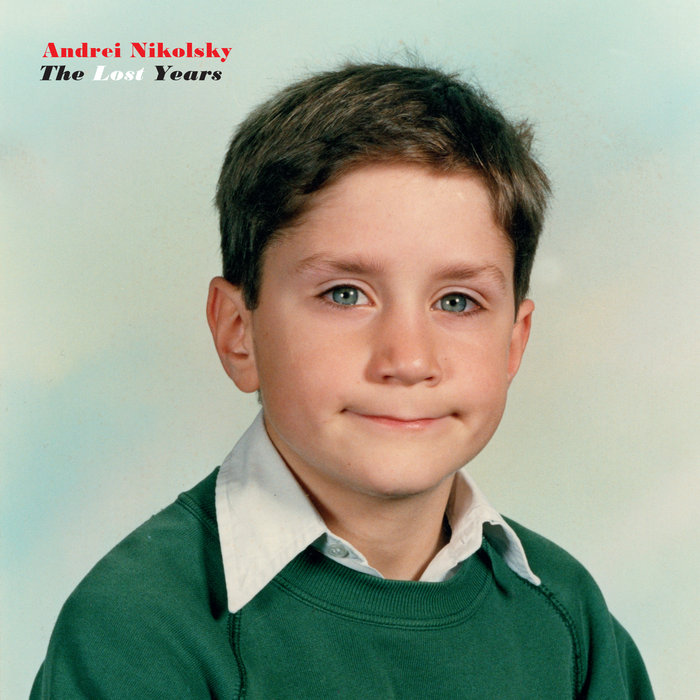
More Cowbell – Andrei Nikolsky
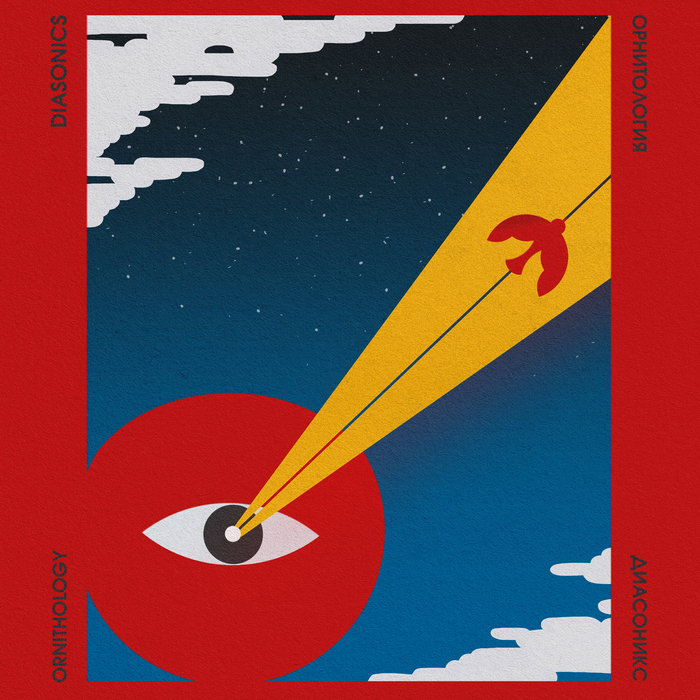
Chickadee – The Diasonics
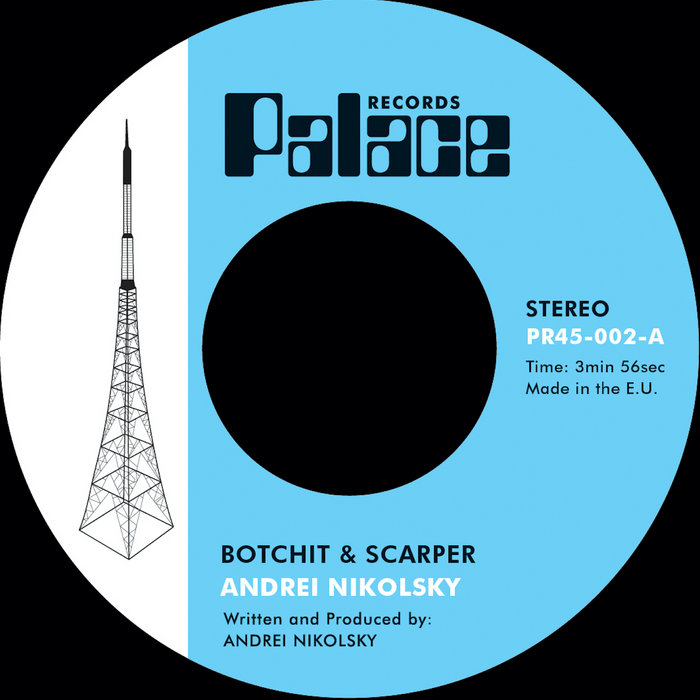
Botchit & Scarper – Andrei Nikolsky
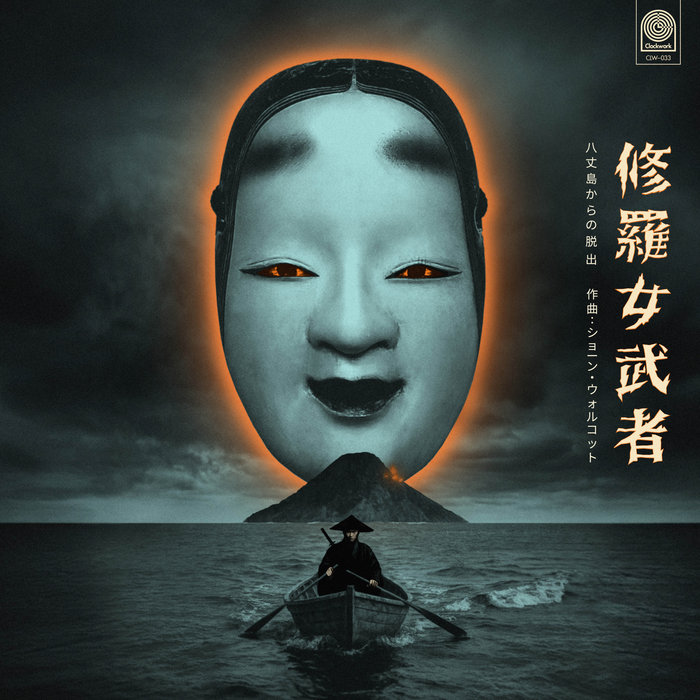
(Theme From) Escape from Hachijō-jima – Sean Wolcott
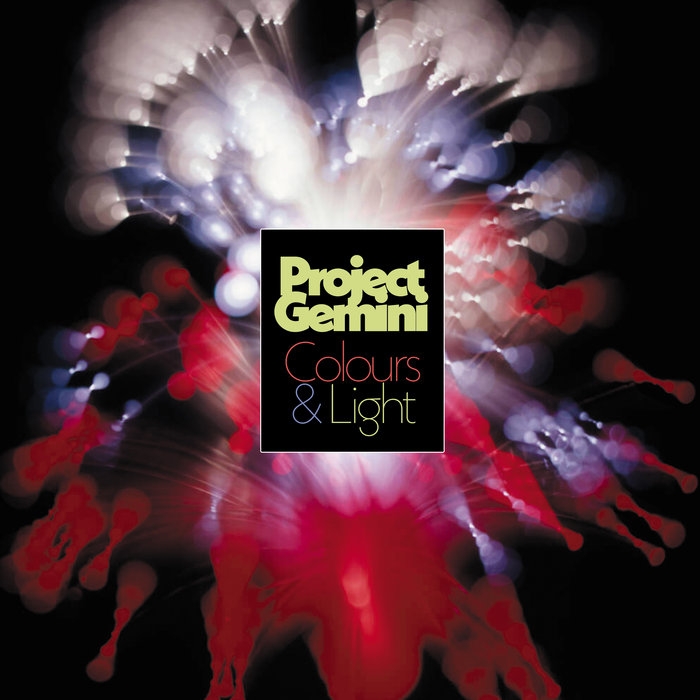
Colours & Light – Project Gemini
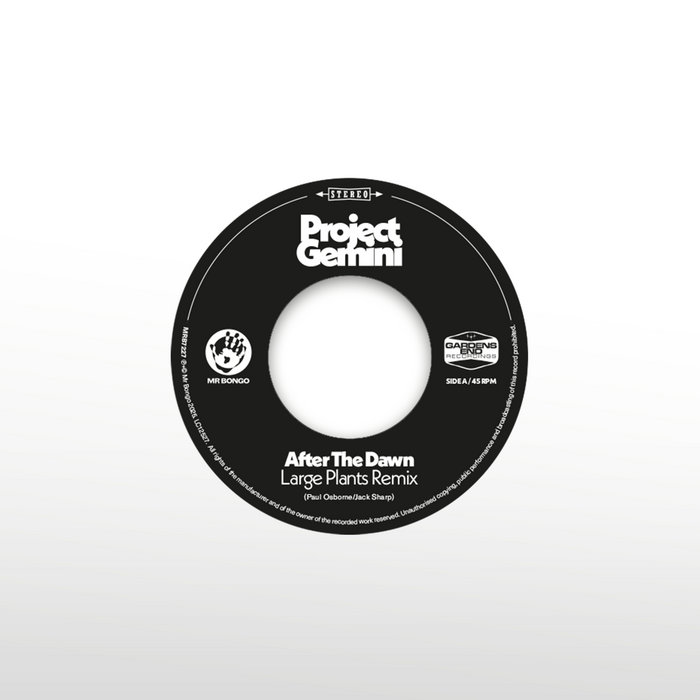
Darkness Rising – Project Gemini
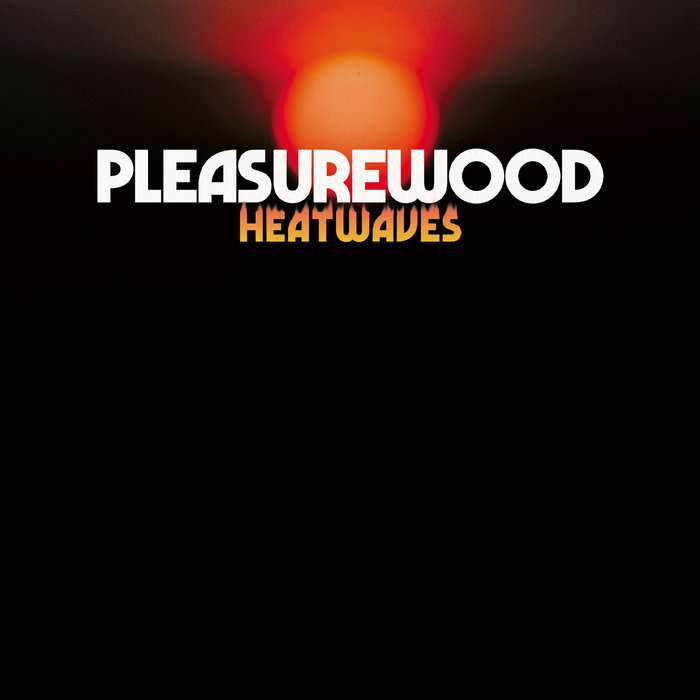
Thriller – Pleasurewood
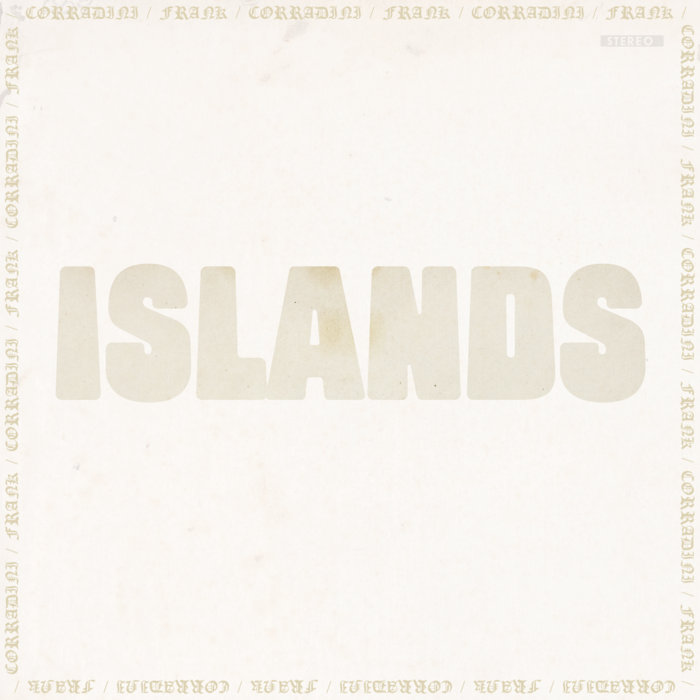
Islands – Corradini / Frank